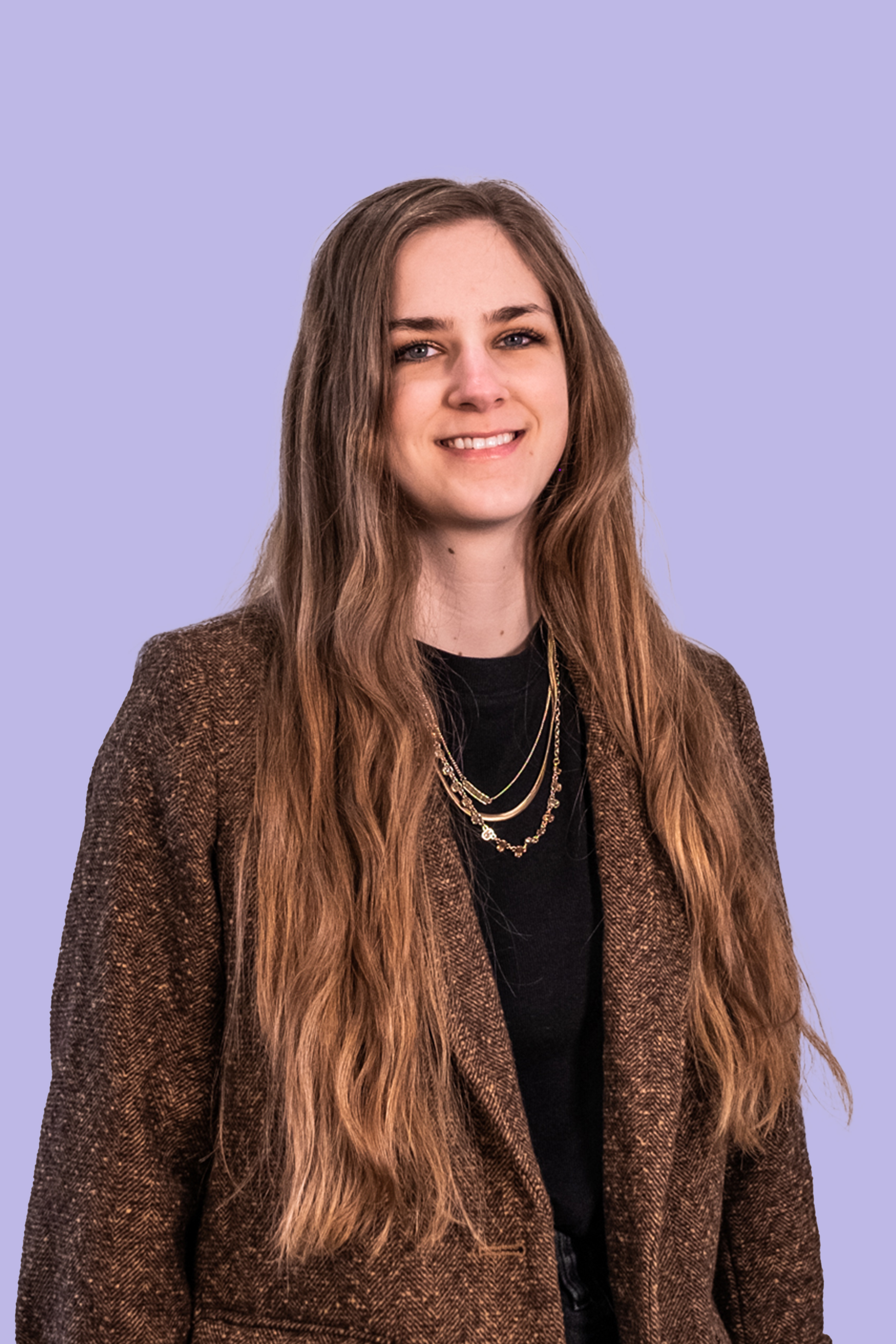Beyond Paradise: Exploring The Realities of Rural Healthcare in Hawaii



As a Clinical Research Specialist, writer, and person with lived experience in mental health recovery, Grace blends clinical research with honest storytelling to inspire healing and hope. In her free time, she enjoys writing books for young adults, an age when she needed stories the most.

Dr. Mala, is the Chief Clinical Officer at Recovery.com, where she develops impartial and informative resources for people seeking addiction and mental health treatment.




As a Clinical Research Specialist, writer, and person with lived experience in mental health recovery, Grace blends clinical research with honest storytelling to inspire healing and hope. In her free time, she enjoys writing books for young adults, an age when she needed stories the most.

Dr. Mala, is the Chief Clinical Officer at Recovery.com, where she develops impartial and informative resources for people seeking addiction and mental health treatment.
We were thrilled to talk with Dr. Jonathan Rosenthal, a hospitalist from Kauai, Hawaii, about his 23+ years as a hospitalist and his unique experiences practicing in rural Hawaii. In our newest episode, Dr. Jonathan Rosenthal talks with hosts Dr. Malasri Chaudrey-Malgeri, Editor-in-Chief, and Cliff McDonald, Chief Growth Officer.
Finding a Fit as a Hospitalist
Dr. Rosenthal is a hospitalist in an intensive care unit (ICU). He sees people in the emergency room and admits them into hospital care, working with his patients daily until they’re ready to leave treatment. Dr. Rosenthal has been working as a hospitalist in the remote town of Kauai for almost 13 years, starting his career in urban Seattle.
Dr. Rosenthal came to Kauai seeking a better quality of life and settled in, now living on the island with his wife. Kauai’s rural setting means Dr. Rosenthal works at the only major hospital on the island. He and his other 5-7 coworkers balance the needs of the island’s hospitalized patients.
Challenges Faced in Rural Populations
Dr. Rosenthal’s community faces distinct challenges, like not having access to care, poverty, health illiteracy, and unhealthy eating. He frequently encounters metabolic disorders like diabetes, obesity, and hypertension as residents don’t have the means or access to healthy foods. Meth use also runs rampant:
Dr. Rosenthal notes his community has no public resources for the issue of meth use, making awareness and treatment difficult. Finding affordable care also poses a challenge for impoverished residents.
For the physicians, they face discouragement from a lack of resources and support. Compassion fatigue, burnout, and the grief of being unable to help everyone pose significant challenges for providers in Kauai and other rural areas.
Encountering Wide-Spread Addiction and Mental Health Concerns
Of patients Dr. Rosenthal sees from the ER, he estimates:
As the first line of defense, the emergency room takes the primary load of cases involving addiction and severe mental health concerns. Dr. Rosenthal highlights the inadequacy of emergency treatment for long-term recovery, as patients receive treatment for symptoms but not underlying issues.
Ideas and Solutions for All Rural Communities
Dr. Rosenthal notes Kauai actually has one of the highest life expectancies in America, but a large subset of the population are “still quite unhealthy” and don’t have access to healthy foods, as most of Kauai’s wealthier residents do. Nutrition education could go a long way in re-shaping eating habits and lowering the high rate of metabolic disorders.
As for the addiction concerns his community faces, Dr. Rosenthal says,
Dr. Rosenthal dreams of opening a low-cost clinic for impoverished residents to get affordable care and pick up fresh fruits and vegetables. Healthy food in his hospital’s cafeteria would also improve access to healthy foods. Showing residents what healthy foods they could buy with constrained budgets and providing cooking classes would educate residents and encourage healthier eating.
Virtual addiction and mental health services can also make care more accessible for rural patients, as they’d only need a device and internet access to get treatment. Services like these could lighten the burden for Kauai’s emergency rooms and providers like Dr. Rosenthal. Making these resources known through community outreach plays a vital role in patient education and people using their resources.
Our Promise
How Is Recovery.com Different?
We believe everyone deserves access to accurate, unbiased information about mental health and recovery. That’s why we have a comprehensive set of treatment providers and don't charge for inclusion. Any center that meets our criteria can list for free. We do not and have never accepted fees for referring someone to a particular center. Providers who advertise with us must be verified by our Research Team and we clearly mark their status as advertisers.
Our goal is to help you choose the best path for your recovery. That begins with information you can trust.










